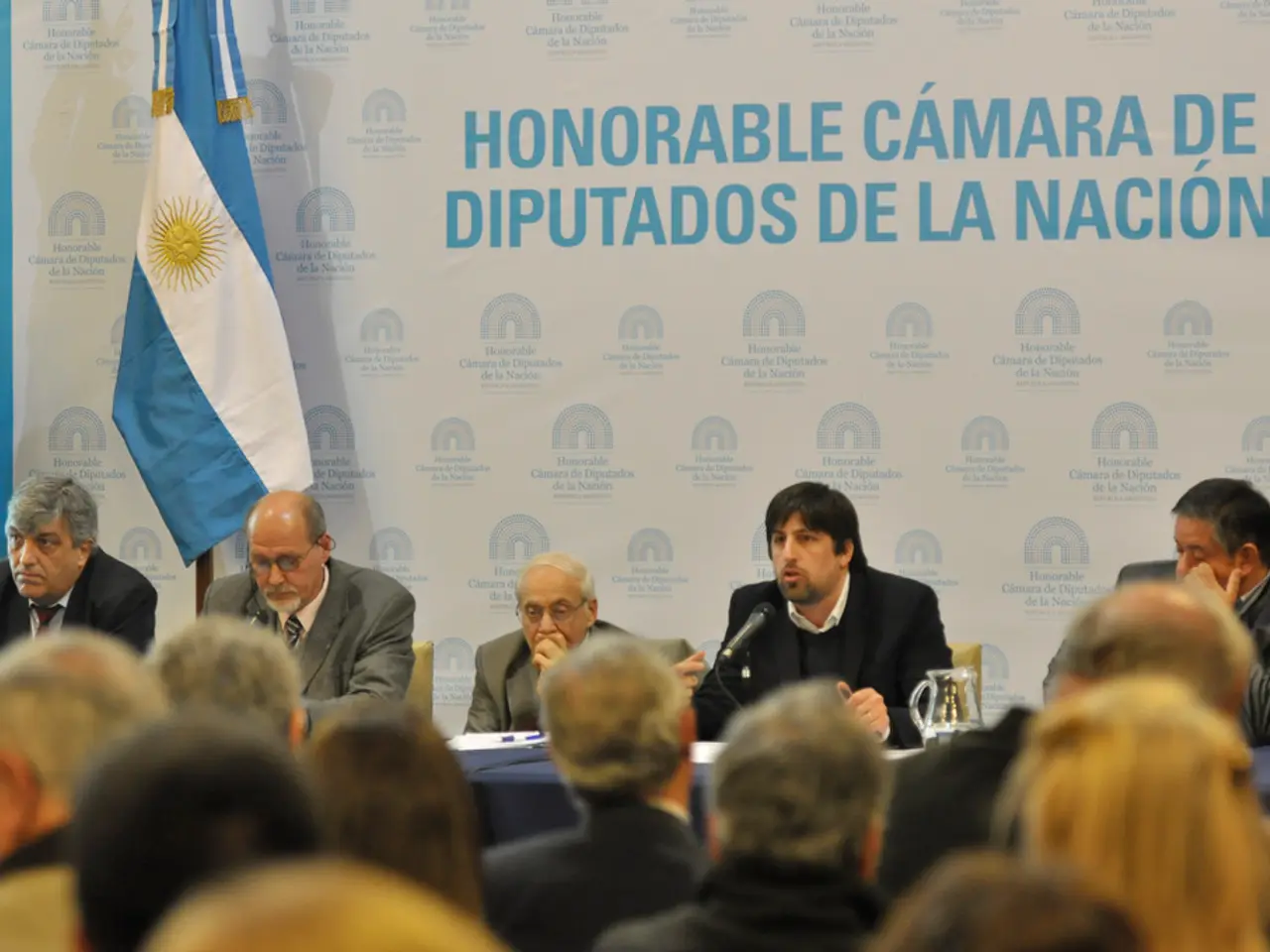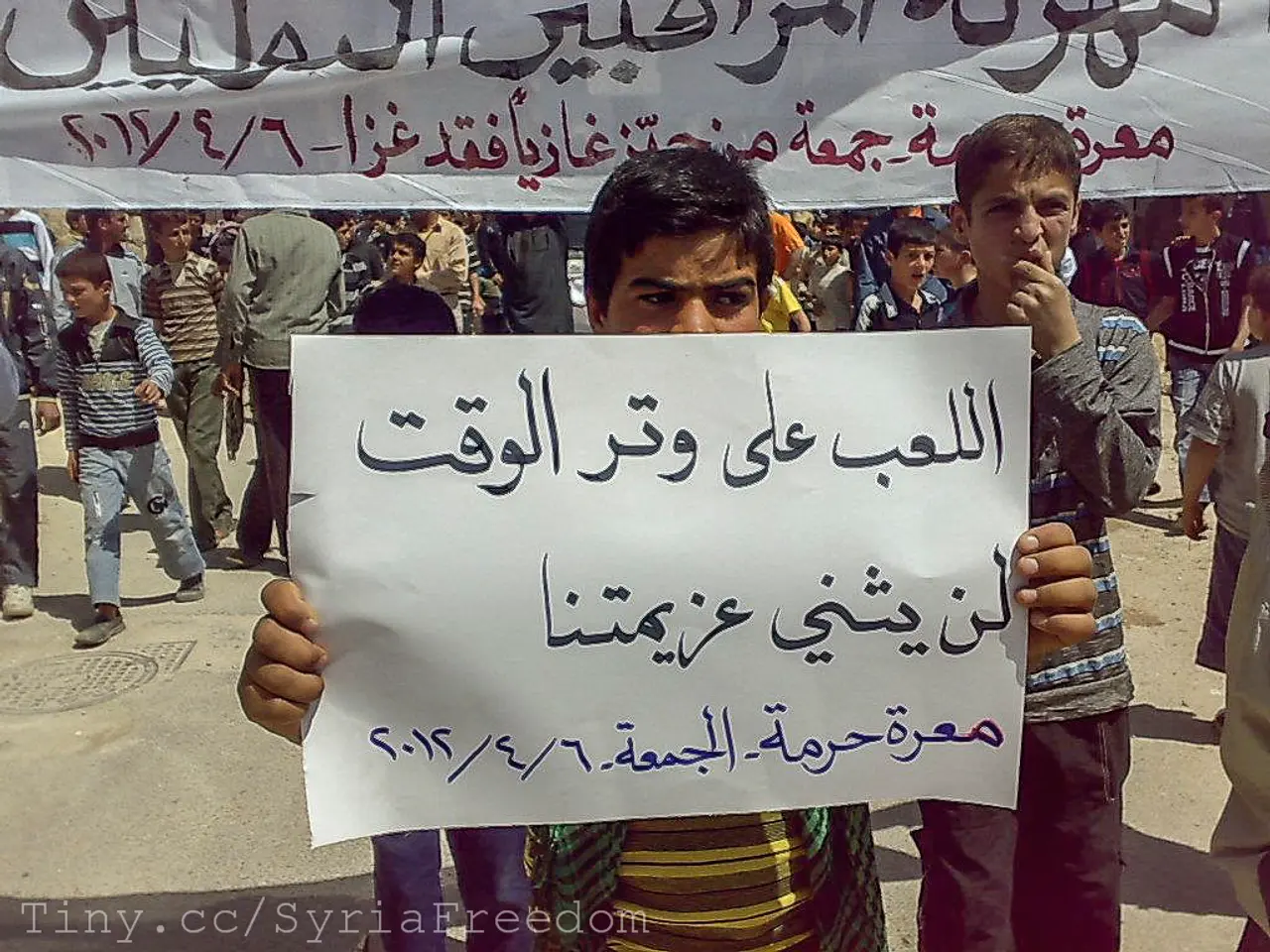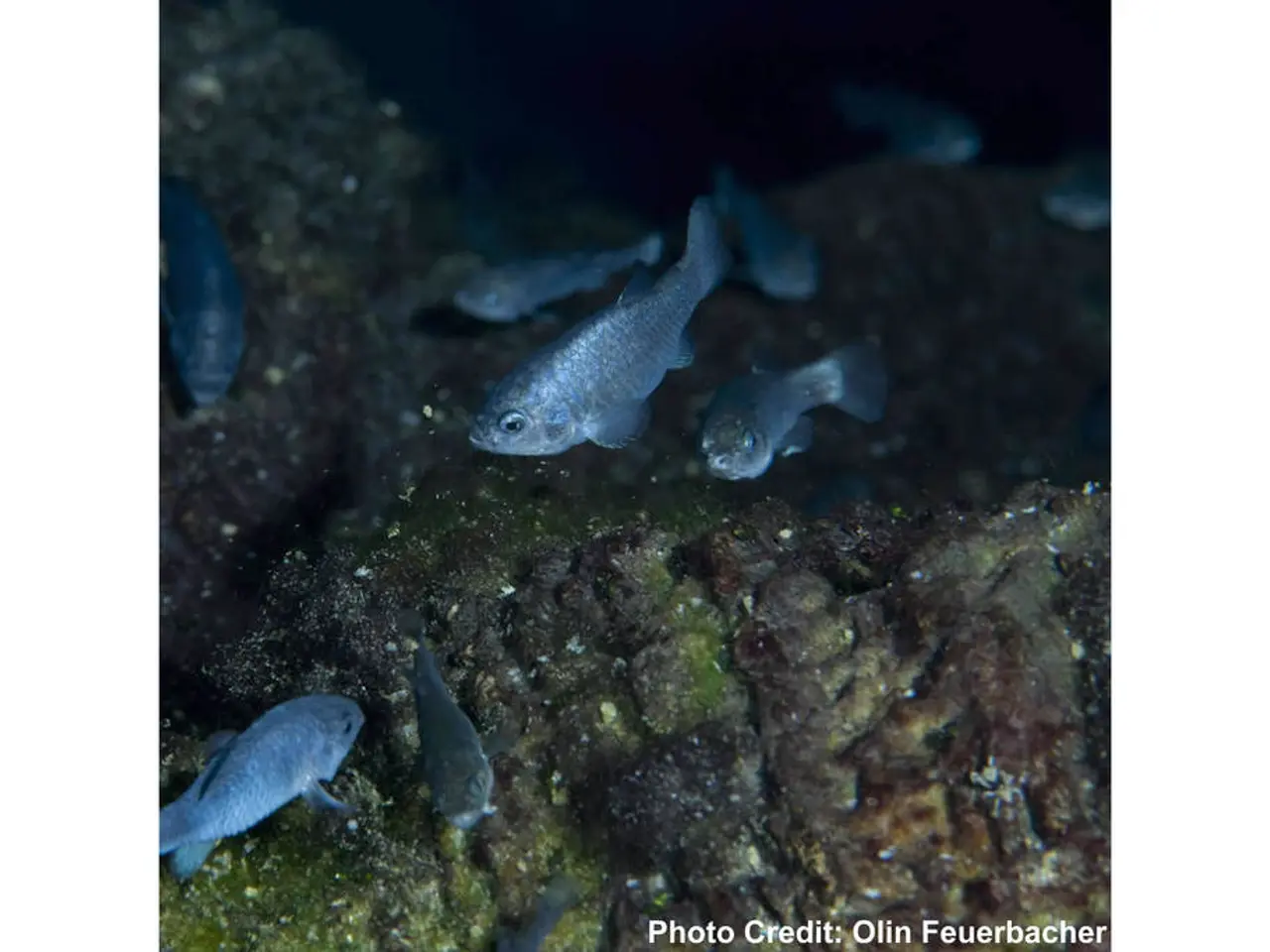U.S. Businessman Called to Account for Exerting Influence on Bolsonaro Trial Judge; Voices Strong Disapproval
In the heart of mid-2025, diplomatic tensions between the United States and Brazil have risen, with the U.S. embassy and State Department taking a vocal stance against the judicial handling of former president Jair Bolsonaro's trial.
The controversy began when Judge Alexandre de Moraes, who is presiding over Bolsonaro's trial for an alleged coup attempt in 2022, was publicly criticised by the U.S. embassy. The publication, which referred to Judge Moraes as the "architect of censorship and persecution" against Bolsonaro, was reposted by the U.S. Embassy in Brazil.
This is not the first time the U.S. embassy has made such statements about Judge Moraes. Previously, the U.S. State Department's under secretary for public diplomacy condemned the attacks on Bolsonaro as disgraceful and harmful to Brazil’s democracy, a stance that was amplified by the embassy.
The Brazilian Ministry of Foreign Affairs summoned the U.S. chargé d'affaires, Gabriel Escobar, due to this publication, citing it as a violation of sovereignty and non-interference principles. The U.S. embassy effectively doubled down on its stance, issuing further critical statements and warnings from officials such as Deputy Secretary of State Christopher Landau.
The Brazilian government, as well as the Supreme Court, have criticised the U.S. interventions as undue interference in Brazilian judicial matters. Bolsonaro, who is facing trial and is under preventive house arrest due to violating precautionary measures during the trial, could face up to 40 years in prison if found guilty.
The backdrop to these diplomatic tensions is Bolsonaro’s ongoing trial, which involves allegations of conspiracy to overthrow the democratic government following the 2023 presidential transition. Bolsonaro faces accusations including plotting a coup, violent abolition of democratic rule, and criminal organization activities. His trial is highly contentious politically and has spurred massive protests from his supporters across Brazil.
The Brazilian government has expressed "profound indignation" to the U.S. embassy over this social media publication against Supreme Court judge Alexandre de Moraes. This is the fourth time that the leftist government of Luiz Inácio Lula da Silva has summoned the U.S. representative since the inauguration of Donald Trump.
As the trial continues, both countries will need to navigate these tensions carefully to preserve diplomatic relations and uphold the principles of democracy and judicial independence.
[1] Reuters, "U.S. Embassy in Brazil Reposts Message Criticising Judge in Bolsonaro Trial," Reuters, July 2025.
[2] Associated Press, "Brazil Summons U.S. Embassy Over Criticism of Judge in Bolsonaro Case," Associated Press, August 2025.
[3] The New York Times, "Bolsonaro Seeks Refuge in a Foreign Embassy During Investigations," The New York Times, June 2025.
[4] BBC News, "Brazil: Bolsonaro Faces Trial Over Alleged 2022 Coup Attempt," BBC News, May 2025.
News outlets such as Reuters and Associated Press reported on the diplomatic tensions between the United States and Brazil in mid-2025, with general news articles detailing the U.S. Embassy's criticisms of Judge Alexandre de Moraes during the trial of former president Jair Bolsonaro. This politics-related controversy stemmed from allegations of a 2022 coup attempt, with tensions rising over topics of war-and-conflicts, policy-and-legislation, and judicial independence. The published statements were denounced by the Brazilian government as violations of sovereignty, leading to numerous diplomatic disagreements and summons between officials from both countries.






